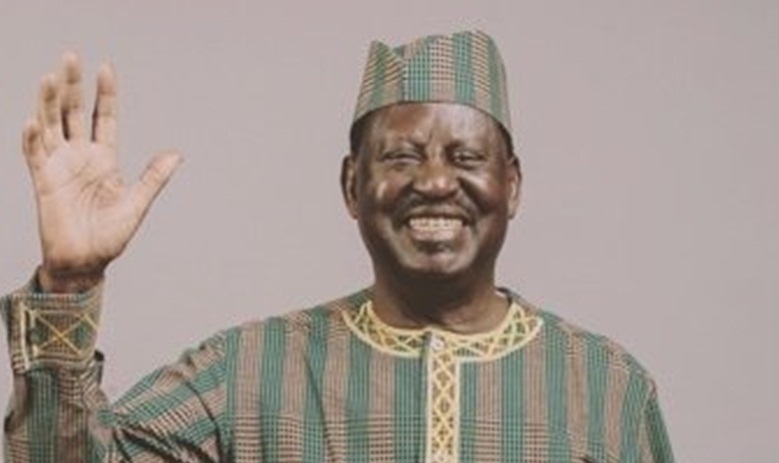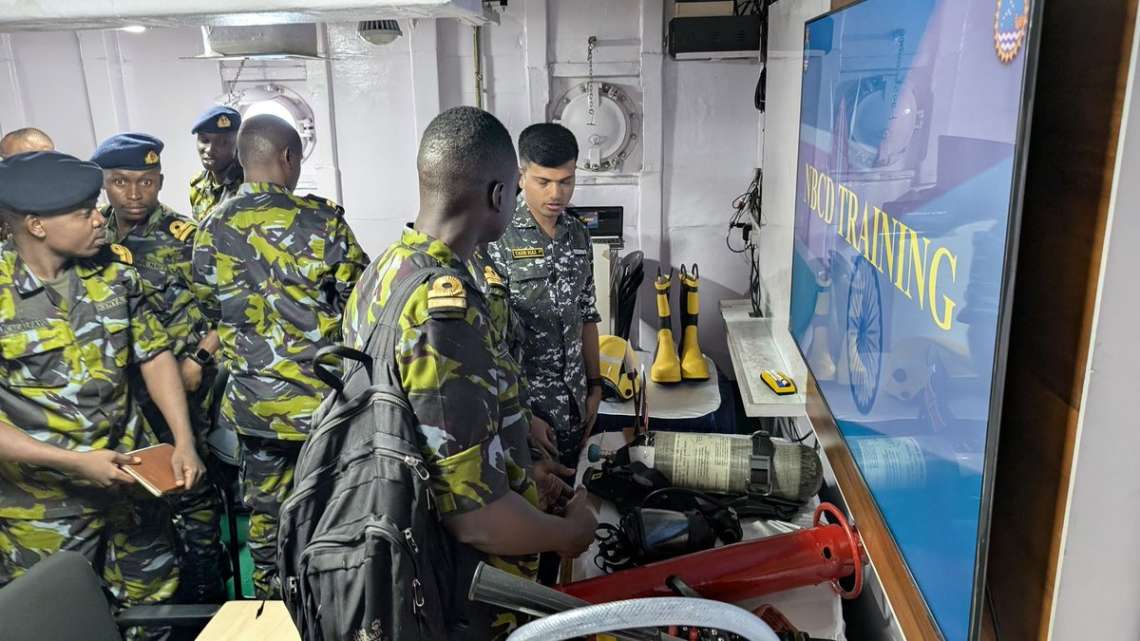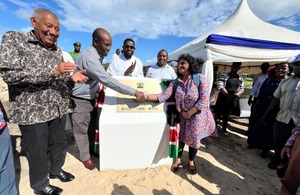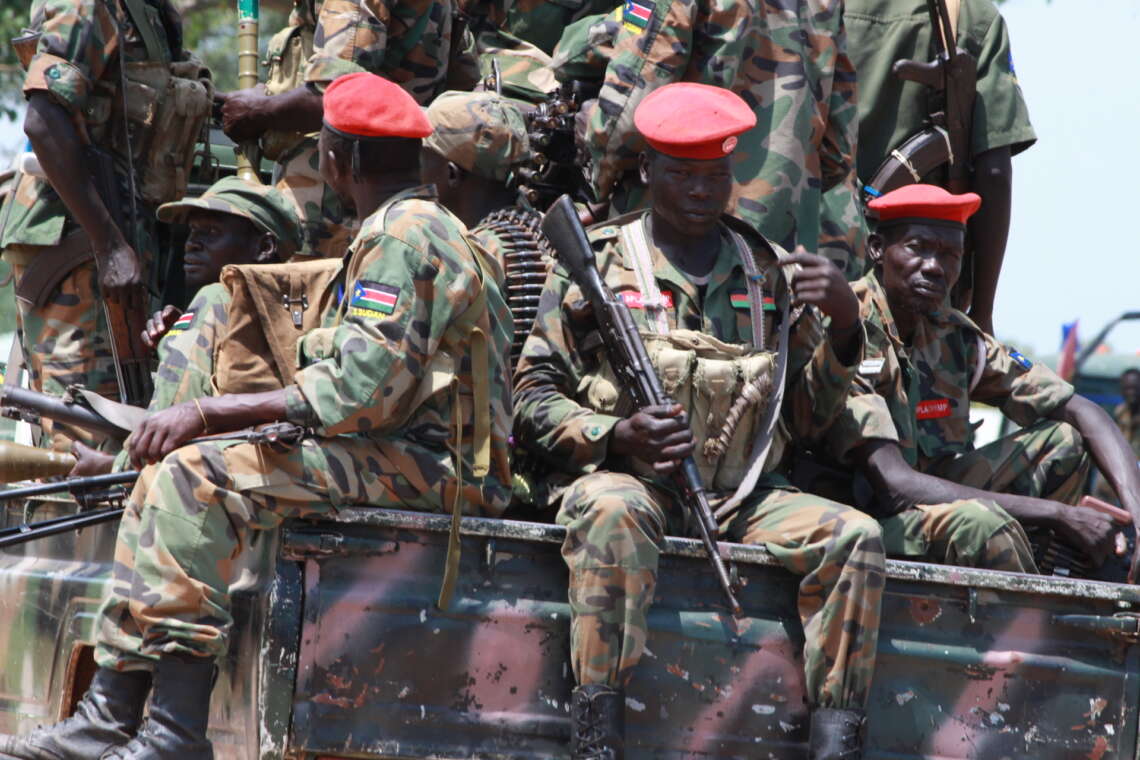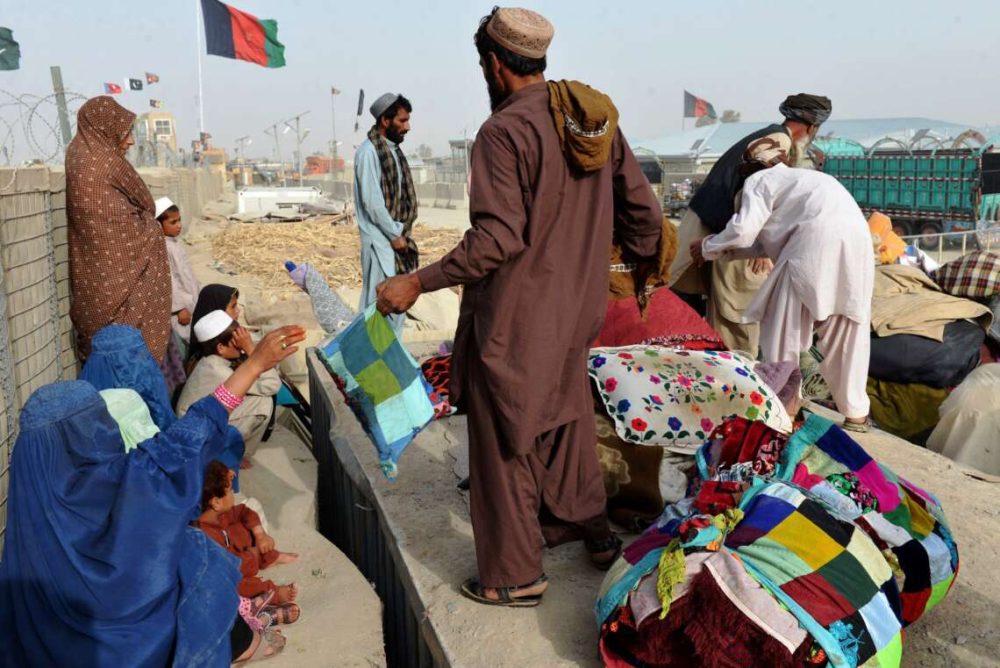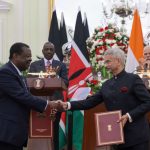Sudan condemned Kenya’s decision to host the RSF meeting, describing it as an “act of hostility”
Kenya’s foreign ministry announced on Wednesday its readiness to support peace efforts in Sudan, despite accusations from Khartoum that Kenya violated its sovereignty by hosting a meeting of Sudan’s paramilitary Rapid Support Force (RSF) in Nairobi. The meeting, held on Tuesday, has sparked significant controversy and diplomatic tension between the two nations.
In a statement released on Tuesday, Sudan condemned Kenya’s decision to host the RSF meeting, describing it as an “act of hostility.” The meeting, led by RSF Deputy Commander Abdel-Rahim Hamdan Dagalo, took place at the government-owned Kenyatta International Conference Center in Nairobi. Dagalo indicated that a significant announcement would be made on Friday, fueling concerns that the meeting was a precursor to the RSF’s planned announcement of a parallel government.
Kenya’s foreign ministry defended its actions, emphasizing the country’s long-standing role in hosting Sudanese refugees and facilitating dialogue. The ministry stated that Kenya’s involvement was “without any ulterior motives,” highlighting its commitment to peace and stability in the region.
However, critics argue that Kenya’s actions could have severe diplomatic repercussions. Macharia Munene, a professor of international relations at the United States International University-Africa, warned that Kenya risks international isolation due to this “foreign policy blunder.” Munene criticized the Kenyan government’s approach, suggesting that the country’s foreign policy has become overly centralized, with President William Ruto leveraging his personal friendship with RSF leader Mohamed Hamdan Dagalo, known as Hemedti, without considering Kenya’s broader national interests.
While Hemedti was not present at Tuesday’s event, his brother has met with President Ruto on several occasions, highlighting the close ties between the two leaders. This personal connection has raised questions about the potential influence of these relationships on Kenya’s foreign policy decisions.
The ongoing conflict in Sudan between the military and the RSF has had devastating consequences. According to the United Nations, the conflict has resulted in the deaths of more than 24,000 people and displaced over 14 million individuals, approximately 30% of the population. An estimated 3.2 million Sudanese have fled to neighboring countries in search of safety.
Sudanese authorities reported on Tuesday that recent attacks by the RSF had killed more than 400 civilians, including infants. The paramilitary force was described as being “overwhelmed by its devastating defeat” at the hands of the Sudanese army.
Haydar Abdul Karim, a Sudanese peace activist and freelance journalist now residing in Kenya, urged regional governments to remain neutral. He emphasized the importance of avoiding support for the formation of new governments or alliances, instead advocating for pressure on the warring factions to engage in negotiations. Karim warned against favoring one faction over the other, stressing the need for a balanced approach to achieving lasting peace.
As the situation in Sudan continues to deteriorate, the international community is closely monitoring the actions of regional governments. Kenya’s decision to host the RSF meeting has brought it into the spotlight, raising questions about its role in the conflict and the potential impact on its diplomatic relationships. While Kenya’s foreign ministry remains committed to supporting peace efforts, the path forward will require careful navigation to balance its national interests with its humanitarian responsibilities.
ALSO READ: Attacks by Sudanese RSF paramilitaries leave hundreds dead



